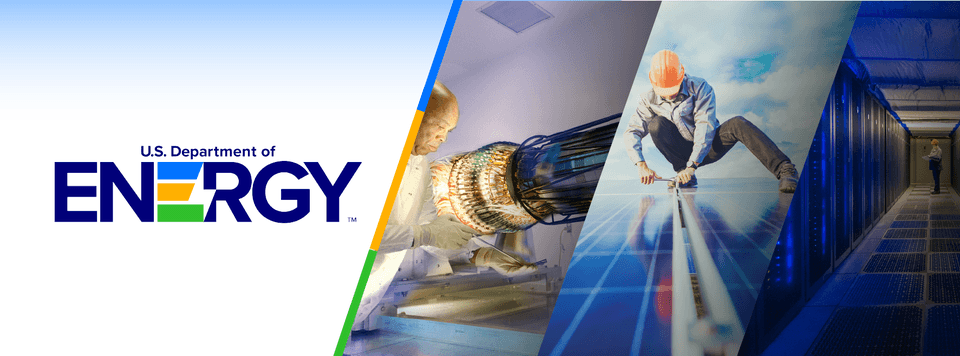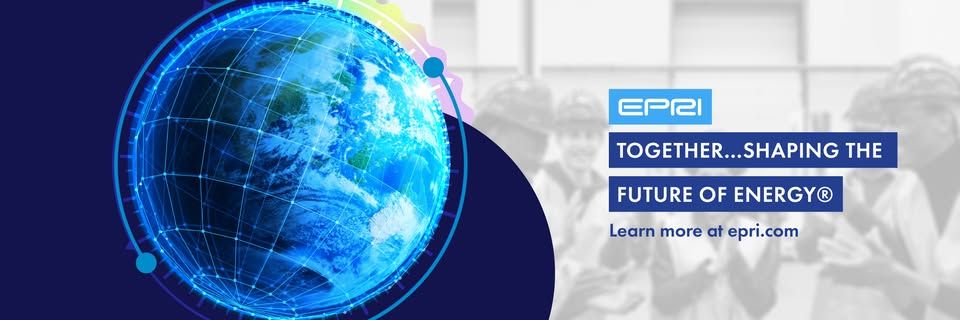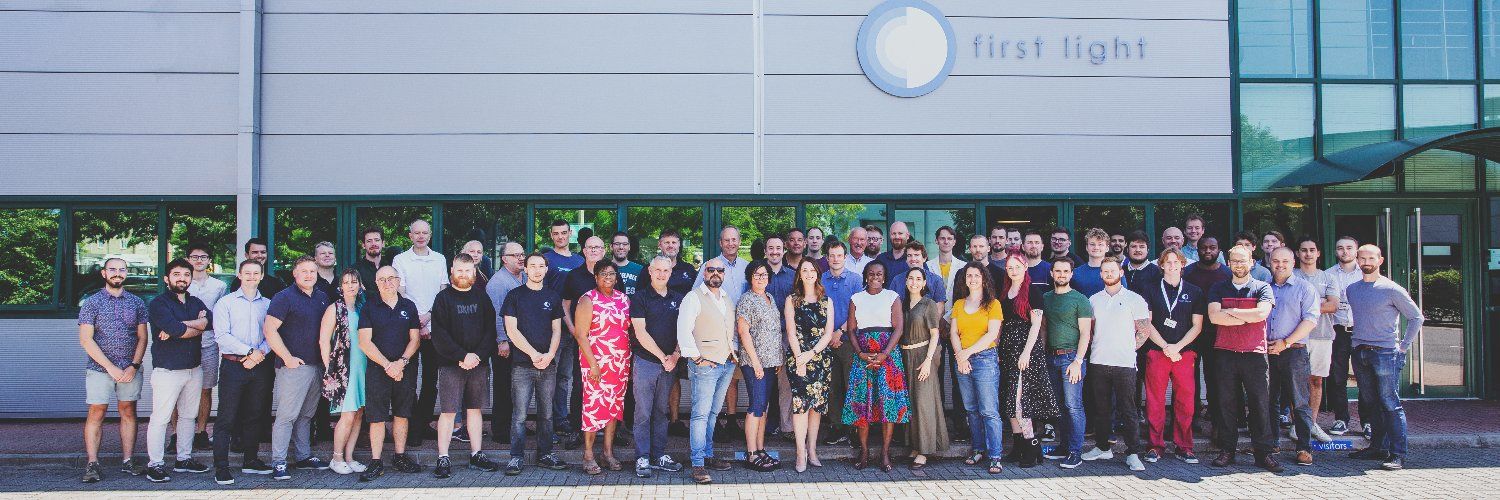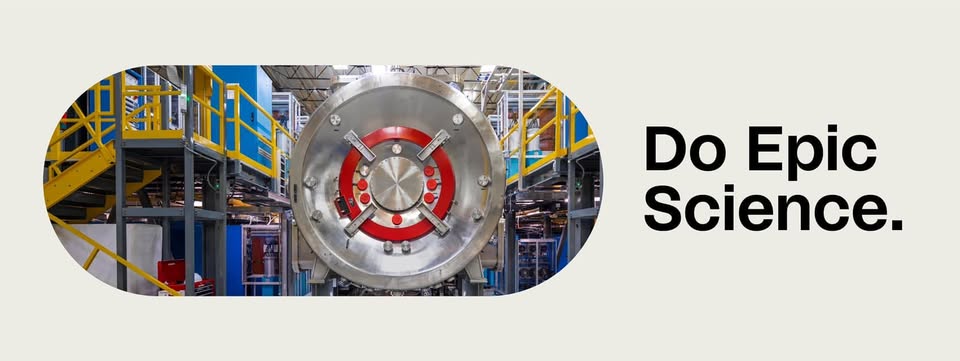
© 2026 Made for Planet • Privacy Policy • Terms & Conditions
Platform by Mission Sustainability
Related to “Nuclear Energy”
10 results
Moltex Energy is a forward-thinking company focused on revolutionizing the nuclear energy sector with its advanced reactor designs. Their flagship technology, the Stable Salt Reactor (SSR), addresses the growing need for clean, reliable, and scalable energy solutions. By recycling nuclear waste, Moltex’s reactors not only produce energy but also help to mitigate the environmental impact of nuclear byproducts. The company’s reactors are designed to be safer and more cost-effective than traditional nuclear power plants, with enhanced security features that minimize the risk of accidents. Additionally, Moltex is exploring the use of their technology for hydrogen production, a critical step toward decarbonizing industries dependent on fossil fuels. With plans to deploy their first reactor in Canada, Moltex Energy is actively contributing to global efforts to reduce CO2 emissions and transition to a sustainable, low-carbon future.

NuScale Power is a pioneering company in the nuclear energy sector, specializing in the development of small modular reactor (SMR) technology. Their innovative SMRs are compact, factory-built reactors designed to deliver scalable, efficient, and low-carbon energy solutions. These reactors are easily transportable and can be assembled on-site, making them ideal for diverse applications, including supporting remote locations and supplementing renewable energy sources. A standout feature of NuScale’s design is its advanced safety systems, such as passive cooling mechanisms that operate without external power or human intervention, significantly enhancing operational safety and reliability. By offering a low-carbon alternative to traditional power generation methods, NuScale is at the forefront of addressing global energy demands while tackling climate change. With a commitment to innovation and sustainability, NuScale Power aims to transform the future of energy with flexible, clean, and reliable nuclear power solutions.

Oak Ridge National Laboratory (ORNL), managed by UT-Battelle for the U.S. Department of Energy, is the largest multiprogram science and energy laboratory in the United States. Located in Tennessee, ORNL is a global leader in groundbreaking research across diverse fields including supercomputing, nuclear science, materials development, and energy innovation. It houses Frontier, one of the world's fastest supercomputers, enabling cutting-edge computational research. ORNL is at the forefront of sustainable energy solutions, focusing on renewable energy, bioenergy, and grid modernization. It is renowned for its contributions to nuclear technology, including advanced reactors and fuel systems. Additionally, the lab plays a critical role in climate science, environmental protection, and advanced manufacturing. With state-of-the-art facilities and interdisciplinary expertise, ORNL addresses complex scientific challenges, fostering innovation that supports national security, economic growth, and environmental stewardship.

Cypress Envirosystems specializes in providing Internet of Things (IoT) retrofit solutions that enhance the efficiency of existing industrial plants, buildings, and hospitals. Their focus is on upgrading legacy systems without the need for expensive or disruptive replacements. By digitizing older equipment like pneumatic thermostats, pressure gauges, and steam traps, Cypress enables businesses to harness the power of modern technology for better performance and cost savings. Their solutions are designed to be non-invasive, quick to install, and significantly more affordable than traditional alternatives. With payback periods of just 18-36 months, Cypress Envirosystems offers businesses a cost-effective way to optimize operations and improve overall facility management. The company emphasizes sustainability, energy efficiency, and operational transparency through smart technologies, helping organizations reduce waste, enhance monitoring, and improve decision-making.

The U.S. Department of Energy (DOE), established in 1977, is a federal agency tasked with ensuring America's energy security and fostering innovation. It develops and implements energy policies, supports renewable energy, and enhances energy efficiency while advancing environmental sustainability. The DOE manages the U.S. nuclear weapons program, naval nuclear reactors, and domestic energy production. Through its extensive network of National Laboratories, the department drives cutting-edge research in fields such as quantum science, artificial intelligence, and clean energy technologies. These labs are pivotal in addressing global energy challenges and bolstering national security. The DOE also leads efforts to modernize the nation's power grid, expand electric vehicle infrastructure, and achieve a net-zero carbon economy. Guided by its mission to strengthen the economy and protect the environment, the DOE plays a critical role in shaping the nation's energy future while maintaining global leadership in science and technology innovation.

EDF (Électricité de France) is one of the largest electric utility companies in France, playing a crucial role in the energy transition. The company focuses on providing sustainable, low-carbon electricity through a diverse energy mix, including nuclear, hydroelectric, and renewable sources like wind and solar power. As part of its mission to combat climate change, EDF is committed to achieving carbon neutrality and supporting global efforts for sustainable development. The company also works on innovative energy solutions for both individuals and industries, offering smart grids, energy storage, and electric vehicle charging stations. EDF is a key player in the global energy landscape, delivering reliable and decarbonized energy while contributing to projects such as the Paris 2024 Olympics, showcasing its dedication to a greener future. With a global presence, EDF aims to build a more sustainable, low-carbon world by prioritizing innovation and responsibility in energy.

The Electric Power Research Institute (EPRI) is a nonprofit organization dedicated to advancing the science and application of electricity generation, delivery, and use. Established in 1972, EPRI collaborates with experts from academia, industry, and government to address energy challenges and drive innovation. Its research spans critical areas, including renewable energy integration, nuclear power advancements, efficient electrification, cybersecurity, and environmental sustainability. Headquartered in Palo Alto, California, with offices and laboratories across the United States, EPRI develops cost-effective solutions to enhance the reliability, efficiency, affordability, and environmental impact of electricity. By fostering collaboration, EPRI helps utilities, policymakers, and other stakeholders navigate the complexities of a rapidly evolving energy landscape. Its work supports a cleaner, more resilient, and sustainable energy future, ensuring that electricity remains a vital, accessible resource for societies worldwide.

First Light Fusion is a UK-based company dedicated to developing an innovative form of nuclear fusion called projectile fusion. Unlike traditional fusion methods, their approach involves launching high-speed projectiles into a specialized target to trigger fusion reactions. This technique simplifies reactor engineering and reduces energy requirements, making fusion more feasible. Founded in 2011 and headquartered in Oxfordshire, the company has built cutting-edge research facilities, including Machine 3, a powerful pulsed energy device. First Light Fusion collaborates with the UK Atomic Energy Authority and Tractebel to develop Machine 4, aiming to achieve net energy gain—a crucial step toward commercialization. With a vision to bring clean, limitless fusion power to the grid, First Light Fusion targets deploying its first power plant in the 2030s. Their research breakthroughs in shock-driven fusion could revolutionize the global energy landscape, providing a sustainable alternative to fossil fuels.

TAE Technologies is a pioneering American company focused on developing aneutronic fusion energy, aiming for a clean, safe, and sustainable power source. Founded in 1998, the company specializes in field-reversed configuration (FRC) technology, optimizing plasma confinement and stability. TAE has raised over $1.2 billion from investors, including Goldman Sachs and Google, to advance its fusion research. Beyond energy, TAE has diversified into healthcare and power management. Its subsidiary, TAE Life Sciences, focuses on boron neutron capture therapy (BNCT) for targeted cancer treatment. TAE Power Solutions leverages fusion-related innovations for electric mobility and battery storage systems. Led by CEO Michl Binderbauer, TAE collaborates with top institutions and experts to accelerate commercial fusion reactor development. The company plans to deploy a working fusion power plant by 2030, revolutionizing energy production with a sustainable, carbon-free solution for global needs.

ThorCon is an innovative nuclear energy company developing advanced molten salt reactors (MSRs) to provide safe, scalable, and cost-effective power. Their flagship reactor, the ThorCon 500, is a 500 MW fission plant designed for modular shipyard construction and offshore deployment. This low-pressure, liquid-fueled reactor ensures enhanced safety and efficiency, making it a promising alternative to traditional solid-fuel reactors. ThorCon is actively working with Indonesia to establish its first nuclear power plant, with a 500 MW demonstration unit planned for Kelasa Island by 2032. Beyond this, the company envisions expanding its footprint to 4 GW of nuclear power capacity by 2035, supporting Indonesia’s growing energy needs. Partnering with Bureau Veritas for safety qualification, ThorCon also explores innovative applications like offshore power generation and nuclear-powered ship propulsion. Their approach aims to revolutionize nuclear energy by providing reliable, clean, and scalable solutions for global energy demands.

0 results